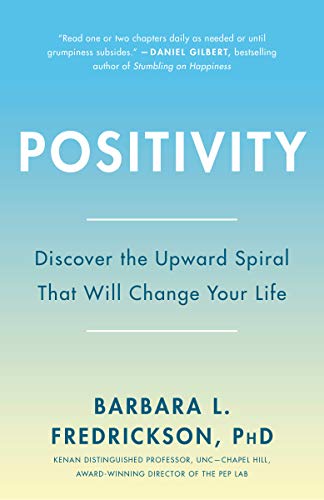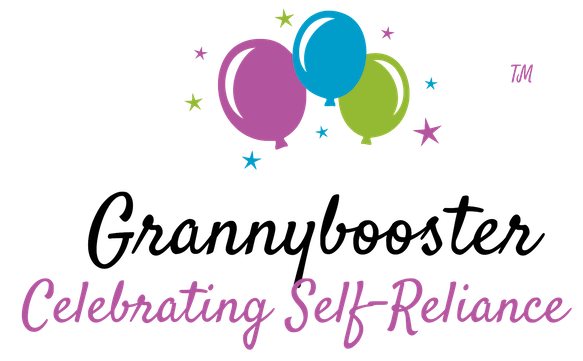

What if happiness could hurt you? Well, now, scientific research has delivered a big “but” regarding the benefits of happiness. It turns out that the condition of continual happiness might be bad for us. Psychologist Barbara Fredrickson, author of, Positivity: Top-Notch Research Reveals the 3-to-1 Ratio That Will Change Your Life, believes that “too much positive emotion and too little negative emotion makes people inflexible in the face of new challenges.”
So, let’s say that happiness combines a sense of well-being, satisfaction, and a minimum of stress and anxiety. How is it possible, then, with all the political angst, rising crime, social unrest, and government excesses to feel happy? Gruesome news headlines inundate us every minute of the day portraying society as destroying itself. This alone can affect the condition we call happiness. Fortunately, most of us don’t dwell on negative events. Instead, we live in our own milieu of family, work, health, recreation, and entertainment that keeps us engaged. It’s what allows us some freedom from experiencing unremitting conflict.
By contrast, researchers have concluded that too much happiness, such as experiencing it at the wrong time, pursuing happiness in the wrong ways, and encountering the wrong types of happiness is bad for us.

Happiness as defined in psychology is a state of subjective emotional well-being a condition that a person experiences when good things happen in a specific moment. It can also result from a positive evaluation of one’s life and accomplishments. Happiness can be distinguished both from negative emotions, such as sadness, fear, and anger, and from positive emotions, such as affection, excitement, and interest. This emotion often co-occurs with a specific facial expression: the smile.
The downside of happiness is that, taken to extremes, it can accelerate the tendency to take risks of significant proportions. For example, a person might overlook or neglect warning signs of risk even when signs suggest that the benefit of such behavior is unlikely.
Finally, there’s the happiness that could be a manifestation of dysfunction. Pride, for example, may hinder our ability to empathize or take another person’s perspective during difficult emotional times.
I’ve always believed that humans need a counterpoint to their lives; a sense of well-being tempered with reasonable amounts of uncertainty, insecurity, and tumult in relationships. I may be on the wrong track, but what if the concept of paradise is so perfect that if one gets to settle there it would become boring by the simple absence of discord.
The nature of happiness, both good and bad, is examined in A Dark Side of Happiness? How, When, and Why Happiness Is Not Always Good by June Gruber, Iris Mauss, and Maya Tamir.
We want to hear from you, so feel free to share tips, ideas, and resources for seniors with Grannybooster. Email me, Maris Somerville, at [email protected]


Leave a Reply